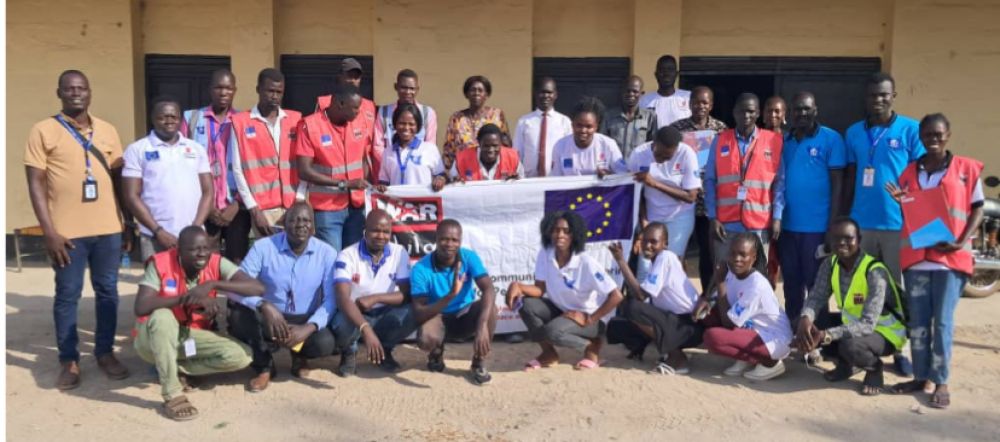In the heart of Malakal, South Sudan—a region deeply affected by armed conflict, displacement, and adversity—a transformative initiative is underway to support caregivers raising children in unimaginably challenging conditions. From June 10–15, 2024, 20 dedicated facilitators underwent an intensive 6-day training to lead the **Be There** program, a group intervention designed to strengthen the emotional resilience and parenting skills of caregivers. This blog delves into the goals, structure, and profound impact of this critical training.
Why "Be There"?
Raising children in environments marked by violence, poverty, and instability takes an immense toll on caregivers. Chronic stress can diminish their capacity to provide nurturing care, directly affecting children’s psychosocial wellbeing. The **Be There** program addresses this by focusing on two pillars:
1. Reducing caregiver stress through coping strategies and social support.
2. Enhancing parenting skills to foster children’s healthy development.
By equipping caregivers with tools to manage stress and parent effectively, the program aims to create a ripple effect—healthier caregivers lead to more resilient children and stronger communities.
Training Overview: Building Expertise in Facilitation
The 20 facilitators trained in Malakal now hold the knowledge and skills to guide caregivers through the 9-session Be There curriculum. Key training objectives included:
Understanding Stress: How chronic stress impacts caregivers and children.
Coping Techniques: Teaching relaxation, anger management, and stress reduction methods.
Social Support: Strengthening peer networks and community resources.
Child Development: Insights into psychosocial growth and positive parenting strategies.
Facilitators also practiced creating safe, inclusive spaces where caregivers feel comfortable sharing struggles, exchanging ideas, and supporting one another.
Program Structure: A Two-Part Journey
Be There is divided into two phases, each tailored to address caregivers’ evolving needs:
Part 1: Managing Stress (Sessions 1–4)
Focus: Stress reduction, emotional regulation, and building social support.
Tools: Relaxation exercises (e.g., guided breathing, mindfulness), group discussions, and “home practice” assignments.
Goal: Help caregivers regain emotional balance, creating a foundation for effective parenting.
Part 2: Positive Parenting (Sessions 5–8)
Focus: Child-centered techniques to nurture development and manage behavior.
Tools: Role-playing, problem-solving activities, and skill-building for positive discipline.
Goal: Empower caregivers to apply parenting strategies even in high-stress environments.
Each session begins with an energizer, check-ins, and collaborative activities, fostering trust and camaraderie. The final session celebrates progress and reinforces ongoing support networks.
Key Takeaways for Facilitators
The training emphasized practical strategies to maximize impact:
Creating Safety: Use icebreakers, check-ins, and trauma-sensitive approaches to build trust.
Encouraging Participation: Invite caregivers to share their expertise and solutions.
Adapting Techniques: Offer diverse relaxation methods (audio recordings, written guides) to suit individual preferences.
Inclusivity: Address cultural norms by organizing single-gender or mixed groups as needed.
Facilitators left equipped to guide caregivers through challenges like resistance to relaxation exercises or hesitancy to open up.
The Ripple Effect: Hope for Malakal’s Future
By training 20 facilitators, the Be There program has planted seeds of change in Malakal. As caregivers learn to manage stress and parent with confidence, children gain stability and emotional security—a vital step toward breaking cycles of trauma.
As one facilitator shared, This isn’t just about parenting—it’s about healing ourselves so we can heal our children.
Join the Movement
Programs like Be There remind us that even in the darkest circumstances, resilience can flourish. To support similar initiatives or learn more, [contact us] or follow our updates. Together, we can ensure every caregiver has the tools to be the parent they aspire to be.
When caregivers thrive, children thrive.



